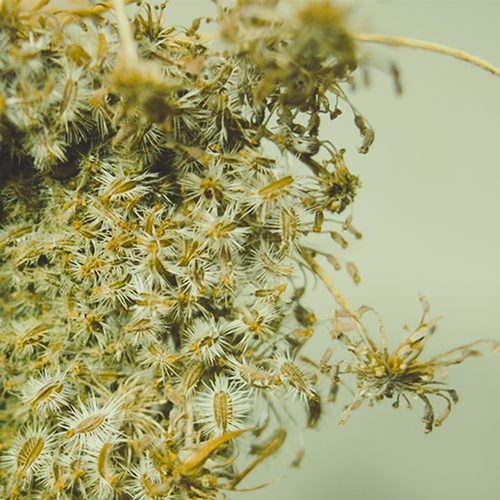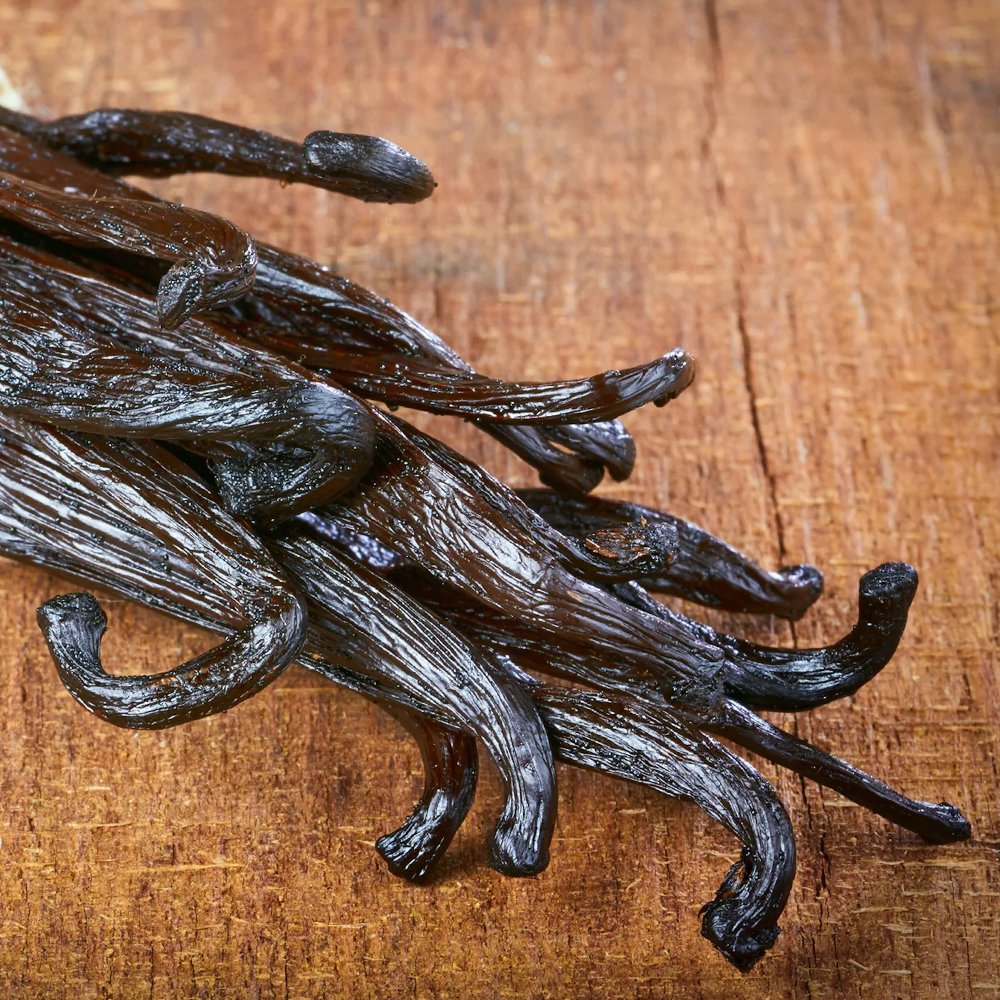Natural Ingredient Overview
🔎 Botanical Name: Juniperus virginiana
📂 CAS N°: 8000-27-9
📝 Odor Type: Woody
📈 Odor Strength: Medium
👃🏼 Odor Profile: Dry woody, slightly balsamic, oily cedarwood with soft, sweet undertones. Lacks the crystalline behavior of other cedarwoods, ensuring consistency and clarity in blends.
⚗️ Uses: Widely used in soap perfumery, industrial fragrances, room sprays, and as a base for synthesizing Cedrene derivatives. Fixative in masculine and woody blends.
🧴 Appearance: Pale yellow to orange-yellow (raw); clear liquid when rectified
What is Cedarwood Virginia Oil?
Cedarwood Virginia Oil is a steam-distilled essential oil derived from the heartwood of Juniperus virginiana, a species native to the southeastern United States. Despite its common name, the species belongs botanically to the Juniperusgenus—not Cedrus—distinguishing it chemically and olfactively from Atlas or Himalayan cedarwoods.
The oil is composed mainly of α-cedrene and β-cedrene, with supporting sesquiterpenes. It yields a smooth, woody note with mild balsamic warmth, lacking the harshness or turpentine-like aspects of some commercial cedar fractions.
Historically known as "Bedford Cedarwood", this oil was once obtained in large quantities from furniture production byproducts, especially pencil wood shavings. The oil does not crystallize at room temperature, unlike cedarwood Texas oil, which contains significant thujopsene and can solidify under certain conditions.
Olfactory Profile & Perfumery Applications
Virginia Cedarwood opens with a slightly oily-woody tone, marked by soft balsamic sweetness. As it develops, it becomes increasingly dry and woody, making it ideal for anchoring top-volatile blends and providing base note persistence.
Typical usage areas include:
Soaps and Shaving Products: Cost-effective woody fixative, masks base odors
Masculine Fougères & Chypres: Adds dry, pencil-shavings-like character
Industrial Odors (disinfectants, air care): Stabilizes volatile aromatics
Cedar & Pine Accords: Brings roundness without smokiness
Amber, Patchouli, Vetiver Bases: Used as a natural diluent or softener
Additionally, it has historical use as a mosquito repellent in combination with citronella oil and still serves as a Cedrene feedstock in synthetic fragrance chemistry.
Regulatory & Safety Overview
IFRA Compliance: Not restricted under current IFRA 51st Amendment
EU Allergens (Annex III): May contain trace limonene; declaration above 0.001% in leave-on, 0.01% in rinse-off
REACH Status: Registered
Toxicology: No CMR classification; generally recognized as safe in typical perfumery use
Storage: Store tightly sealed in aluminum or dark glass, protected from light and oxidation
✅ Non-crystallizing, thermally stable, and suitable for emulsified or alcohol-based systems.
Additional Information
Not to be confused with:
Cedarwood Texas Oil (Juniperus mexicana) – heavier, drier, with possible crystallization
Atlas Cedarwood Oil (Cedrus atlantica) – richer, more balsamic and smoky
Himalayan Cedarwood Oil (Cedrus deodara) – resinous and leathery in profile
Industrial Significance: Source of Cedrene, a precursor in producing cedrol derivatives and synthetic sandalwood molecules (e.g., Cedramber)
Sources
Perfume and Flavor Materials of Natural Origin – S. Arctander (1961)
Scentspiracy Research Team – Fulvio Ciccolo
IFRA Standards (51st Amendment)
ECHA Substance Info – Juniperus virginiana oil
The Good Scents Company Database












